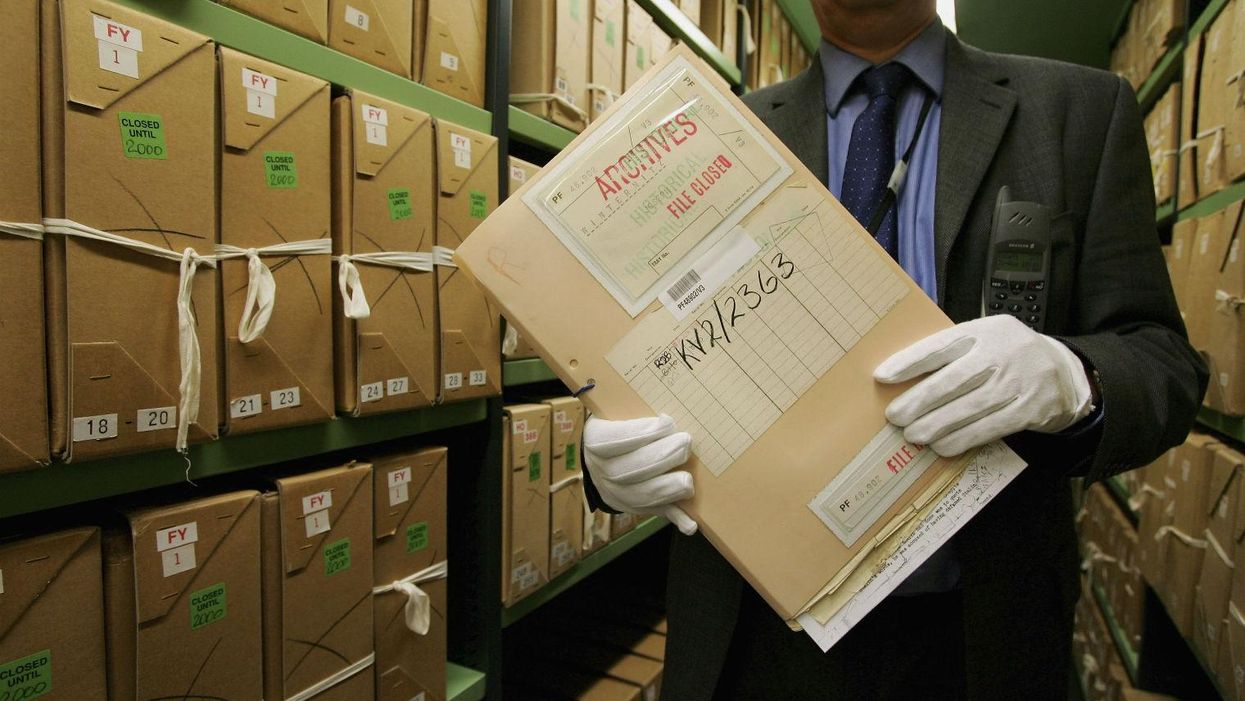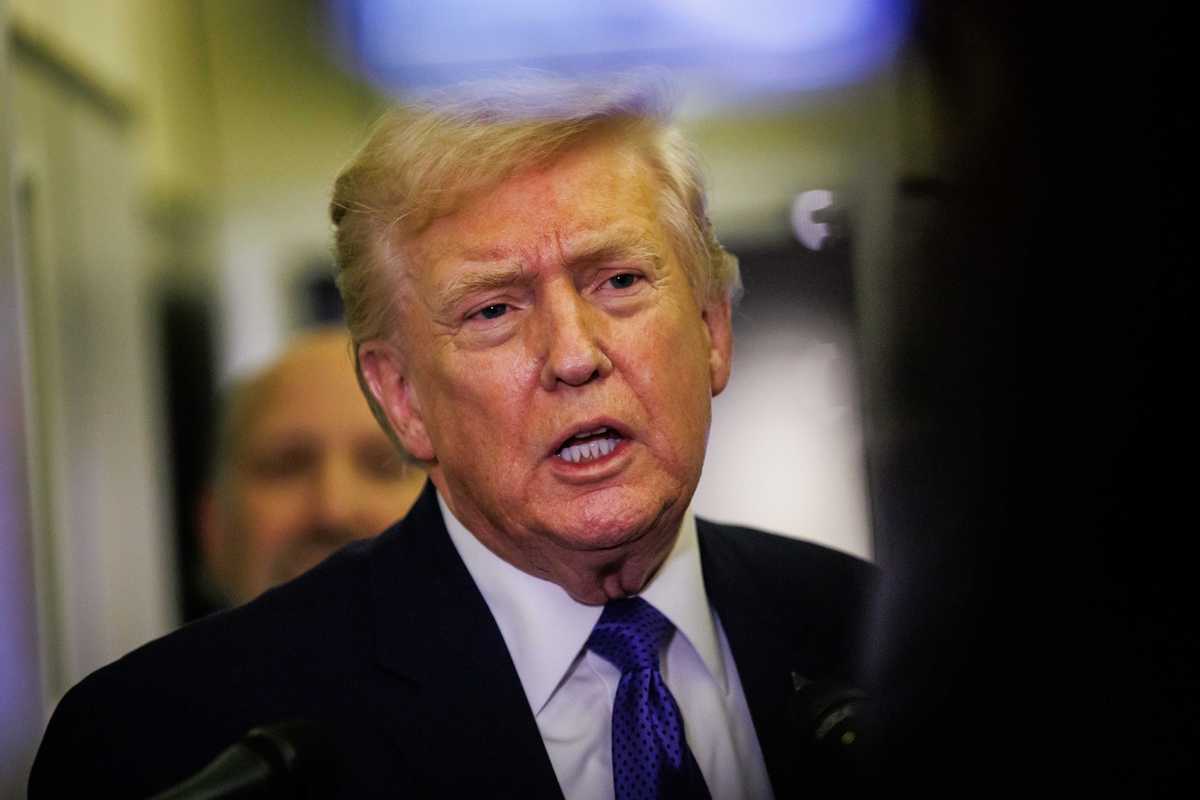News
Indy100 Staff
Jul 18, 2015

In the past 10 years, thanks to the Freedom of Information Act (FOI), the British public has become aware of many important facts of which we would otherwise have remained ignorant.
Just this week FoI bought to light the fact that, despite Parliament having voted against it, UK armed forces have taken part in air strikes against targets in Syria- and the new government has set up a commission with a view to ushering in the end of FoI.
Here are nine things the Act has revealed which prove just how vital it is:
1. Hinkley B (July 2006)
Working for the Stop Hinkley campaign group, nuclear engineer John Large analysed papers that revealed cracks in the graphite bricks that are part of the nuclear reactor’s core.
2. Tasers (February 2015)
BBC Radio 5 Live obtained figures from the Home Office Taser database which showed that more than 400 children had tasers drawn on them in 2013 – 38 per cent higher than 2012.
3. Incinerated foetuses (March 2014)
The Sunday Times reported that British hospitals, including Addenbrookes in Cambridge, incinerated miscarried and aborted foetuses as clinical waste.
4. Michael Gove (2011-13)
A long-running battle in 2011 and 2012, between journalists and the Department for Education, culminated in the resignation of an aide to Michael Gove, Dominic Cummings, in 2013. The DfE had been criticised over the use of private email accounts for departmental business, an obstructive approach to Freedom of Information requests, and aggressive communications to journalists.
5.Afghan civilian victims (2010-14)
A series of FoI requests by The Guardian and Channel 4 have resulted in the emergence of information that would otherwise have remained secret about British troops’ alleged involvement in the killing or wounding of around 100 Afghan civilians. Much of the information related to compensation paid by the MoD to victims’ families.
6. Sir Cyril Smith (2013)
An investigation by the Manchester Evening News uncovered secret files showing how the late Liberal MP confronted police at Rochdale police station and tried to dissuade them from investigating claims that he had been sexually abusing young boys. This was one of countless examples of the local and regional press using FoI to great investigative effect.
7. The Prince of Wales’s ‘spider memos’ (2015)
A long-running legal battle, relating to claims of royal and ministerial exemption from FoI, culminated in the publication this year of correspondence in which the Prince of Wales lobbied ministers on subjects ranging from homeopathy to the Patagonian tooth fish.
8. MPs’ expenses (2008-09)
The publication by The Daily Telegraph in June and July 2009 of leaked details of MPs’ expenses was the last, spectacular act in an investigative saga that began in 2005 with two separate FoI requests by the journalists Heather Brooke and Jon Ungoed-Thomas.
9. Air strikes in Syria (2015)
News that UK pilots, embedded with allied forces, were engaged in military action in Syria emerged this week via a FoI request by the human rights group Reprieve.
More from Independent Voices: The end of FoI? Vital right to know is under threat
Top 100
The Conversation (0)













